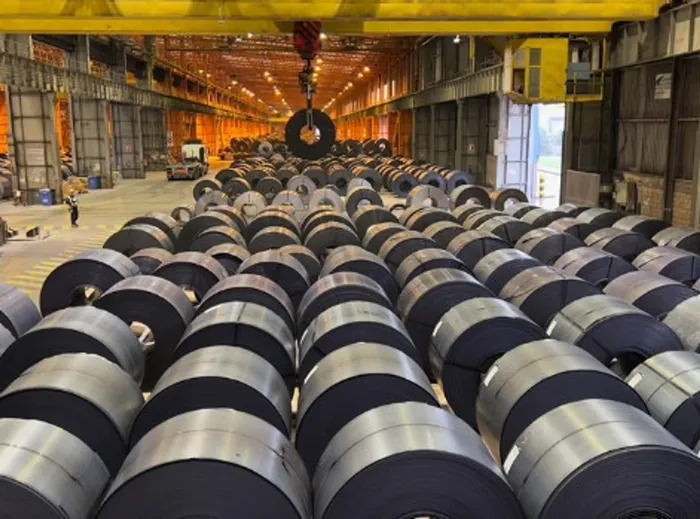Steel industry stakeholders demand urgent review of Preferential Price System changes

South African steel value chain stakeholders have criticised the International Trade Administration Commission's (Itac) amendments to the Preferential Price System.
Image: File
South African steel value chain stakeholders have criticised the International Trade Administration Commission's (Itac) amendments to the Preferential Price System (PPS), in effect as of the beginning of this month, as having ignored evidence-based recommendations, amongst a series of uncorrected errors.
In response to the gazetted amendments, steelmaker ArcelorMittal South Africa (Amsa) said the revised regulations again prioritise a small group of scrap-based mini-mills, to the detriment of the broader steel manufacturing ecosystem, including primary producers, downstream fabricators, recyclers, waste pickers, and industrial consumers.
It said the concerning amendments are in addition to the delayed release of an independent scrap-industry study commissioned by the Department of Trade, Industry and Competition (Dtic), despite being completed months ago.
This comes as Itac CEO Ayabonga Cawe announced reducing the discount for domestic ferrous scrap-consuming industries from 30% to 25%, establishing a Technical Working Group (TWG), and restricting transactions to the use of electronic payment instead of cash.
AmsaHead of Corporate Communications Tami Didiza said independent economic research shows that the PPS and related export restrictions have long suppressed scrap prices significantly below global parity; constrained investment and employment in formal recycling; eroded the economic base of integrated steelmaking to the detriment of the economy; and failed to deliver substantial jobs and reduced industrial competitiveness across energy-intensive value chains.
"It is in the national interest to immediately suspend and review the amended PPS, release the Dtic scrap-sector report so it can be compared to the independent econometric report provided to Itac and the Dtic, and then correct the error of having both the PPS and export tax; and for a transparent, evidence-based policy process to be followed focusing on the full industrial value chain," Didiza said.
He said the consequences have been clear: shrinking output, job losses, reduced export capability, and rising vulnerability in critical supply chains. These outcomes conflict with the government’s own stated objectives of reindustrialisation, localisation, and green industrial growth.
Didiza said while presented as supporting industrial development, the policy continues a decade-long approach that has weakened the country’s steel sector, undermined recycling livelihoods, and constrained industrial competitiveness, adding that the country could not afford policy choices that favour a narrow subset of beneficiaries while placing the wider sector and industry at risk.
The PPS is quoted by Amsa as one of the main reasons why Amsa Newcastle/Vereeniging have closed, directly causing the loss of 3 500 direct jobs due to the unequal competitive playing field between Amsaand the PPS-supported scrap-based mini-mills.
Recycling entities — the Recycling Association of South Africa, Metal Recyclers Association, and the Scrap Recycling Coalition — also dismissed the amendments.
In a joint response, the bodies said describing a mere 5% reduction in the ferrous scrap discount — from 30% to 25% — as a "balanced" decision that "will not make any of the parties happy" is not policy wisdom; it's a mockery of the exhaustive submissions we've made over years, perpetuating a broken system that drains the economy while enriching a select few.
"This isn't compromise; it protects 5% of the steel value chain while overlooking the other 95%. As Amsa's operations wind down amid policy distortions, we urge the immediate review and potential scrapping of the PPS in favour of market-aligned reforms. South Africa's sustainability and industrial future require a more equitable framework," they said.
Don Consultancy Group chief economist Chifipa Mhango, in a note, called on the government and industry to collaborate urgently to design a National Steel Revitalisation Plan, anchored on sustainability, innovation, and export diversification.
“Steel remains the foundation of every industrial economy,” Mhango stated. “Reviving this sector is not just about production; it is about reclaiming South Africa’s leadership in manufacturing, regional trade, and inclusive growth.”
He further proposed that a National Steel Industry Summit be convened to chart a clear roadmap for investment, competitiveness, and job creation in the sector. He has called for bold and decisive structural reforms to reposition South Africa’s steel industry as a cornerstone of national industrialisation and economic growth.
BUSINESS REPORT